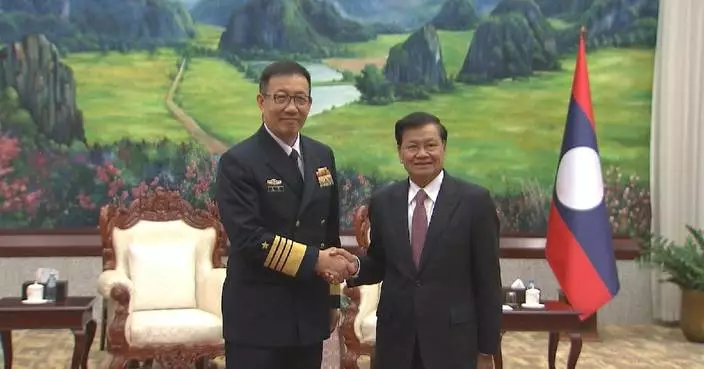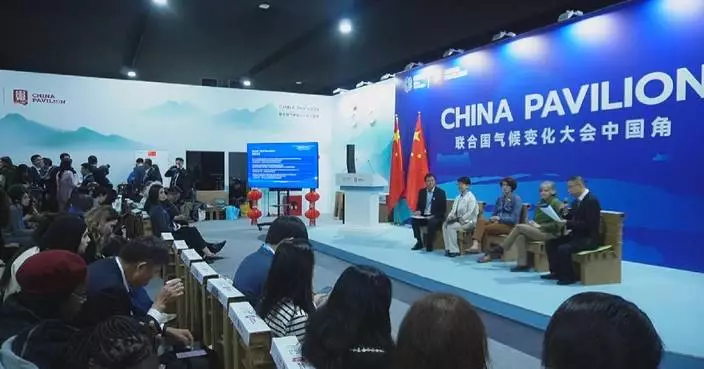Application for China's annual tour guide license exam, which began on Saturday, is posting a significant growing momentum in various regions.
The exam consists a written test and an interview. The written part was held on Saturday, and interviews will be concluded before Dec 22, covering policies and regulations, basic knowledge, and service abilities.
For example, the number of candidates who registered for the exam in northwest China's Shaanxi Province this year reached 15,440, an increase of 62.3 percent over last year. A total of 5,363 candidates registered in the northeast China's Jilin Province examination area, an increase of 71.34 percent year on year.
In the past two years, the tourism industry has been gaining momentum, and the cultural tourism industry across cities and tour guide markets have been complimenting each other, said tourism experts.
"This year, the number of people applying for the national tour guide qualification certificate is about 310,000, far exceeding the 200,000 last year. After we have the tour guide qualification certificate, we have the right to apply for a tour guide certificate and then engage in tour guide-related business. Among the 650,000 certified tour guides, 93 percent speak Chinese, 6 percent speak English, and the rest speak minority languages," said Wang Xiaoyu, researcher at the Tourism Research Center under the Chinese Academy of Social Sciences.
China has fully entered the era of mass tourism, and as the tourism market matures, consumer demand for tour guides is also constantly changing and upgrading, which is mainly reflected in three aspects, according to Wang.
"There are mainly three changes. The first is that our domestic tourism market is actually transforming from sightseeing to theme leisure vacation. At the same time, the tourism service industry is also constantly being customized in small groups, which puts forward new requirements for tour guides, such as customized services and personalized services. Second, the supply and demand of the entire market is actually reversing. Now we need a large number of high-quality tour guide teams to serve the market and serve consumer groups. The third is our online development. The digitalization of the entire cultural and tourism industry, especially the digitalization of tour guide services, is becoming more and more obvious. So it's important to make good use of Internet tools and online new media tools and do a good job in our online tourism promotion and online cultural and tourism services," said Wang.

Application for national tour guide qualification examination posts growth momentum









